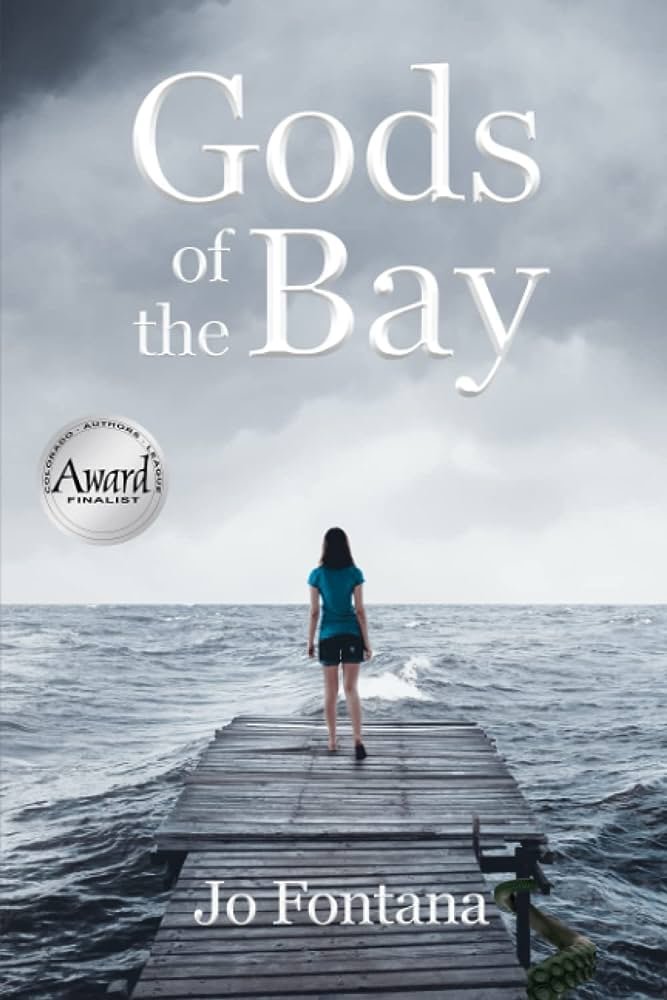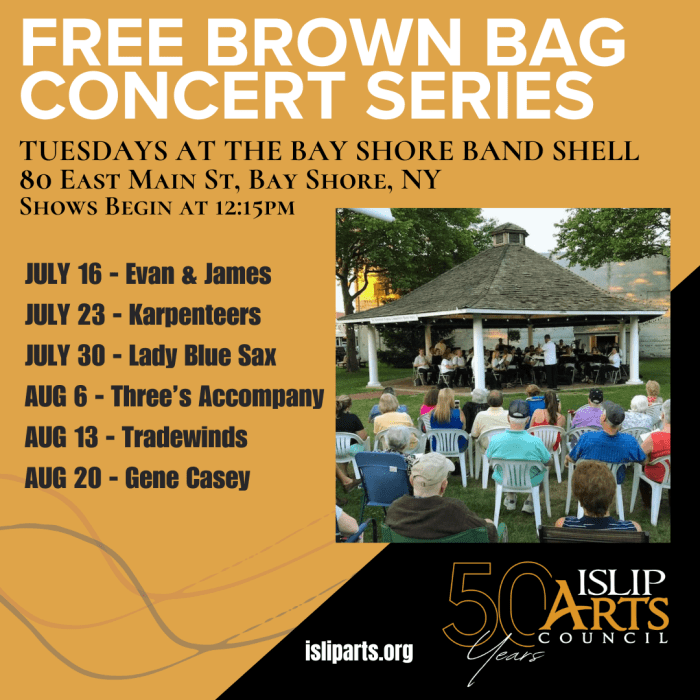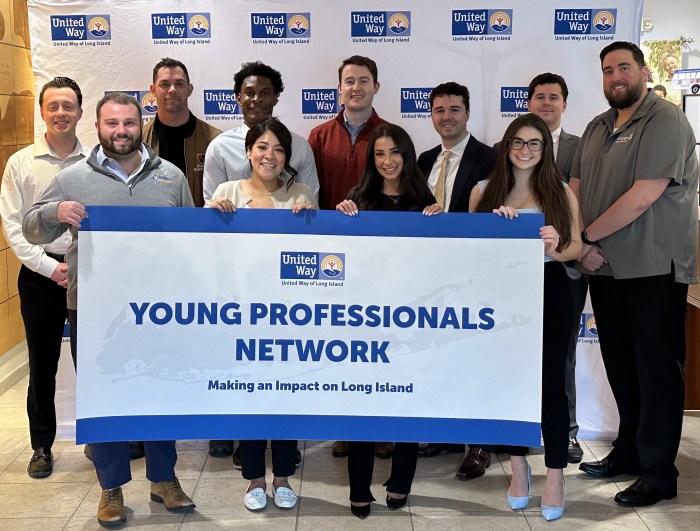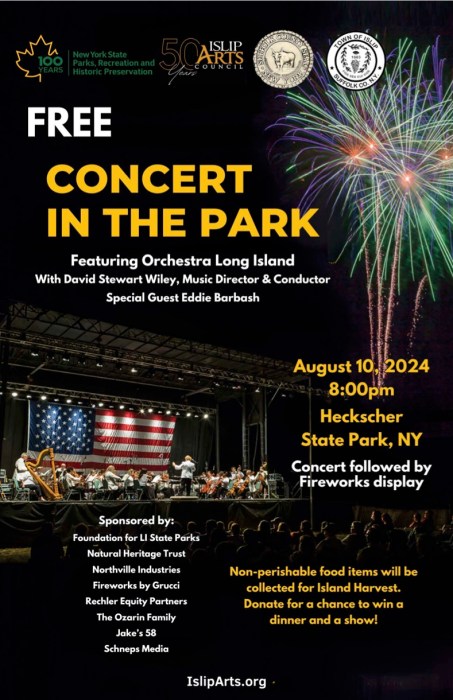“Gods of the Bay”
Jo Fontana
Fiction/Jaff Productions LLC

Plants whisper, water murmurs, and second-grader Katie Ruso knows the “Gods of the Bay” are at work. They talk to her. She listens and waits. Images of events to come appear in her head.
Katie lives off a canal on the Great South Bay. Curious about the world, and no friends to play with, she spends her time outdoors, watching the wildlife, “the wilds,” the grasses and cattails, rather than inside where there is “no magic.”
“I kicked off my sandals and jumped down onto the muddy bank below … walked toward the marina and stood facing the plants.” A vision comes to her: “The wildlife fled and the shoreline was replaced with more bulkheading … someone was planning on ruining this part of the land.” But Katie has other things on her mind than the “realities of climate change” decades away. Sam has moved onto the block; she may finally have a friend. He shows her his Matchbox cars and a play garage complete with gas pumps and a car wash.
Katie says, “My dad owns a body shop,” and in an affecting scene of childhood one-upmanship their friendship begins. They play at each other’s homes. They blow up her kiddie pool and have a dunk.
Still, Katie isn’t sure about Sam; he’s a boy after all. She was hoping a girl would move into the vacated house. The gods might know. One day she walks to the marina, asks the water if Sam will make a good friend. Her question turns the water black. The prophecy plays out when Sam falls off a raft and must be rescued.
That night, when Katie finds her mom at the dock with an offering for “the gods of the bay … things that live under the water that we can’t see,” I was surprised author Fontana waited 50 pages for that reveal. An earlier mention would have established a connection between the two, given some warmth and emotional depth to their relationship and bolstered the narrative.
Later in the book Sam drowns because he can’t swim. Mrs. Russo’s “Sam died yesterday,” and Katie’s “Suddenly I felt terrible” struck me as flat reaction with a lack of real feeling. I noticed that lack in other dialogue; words are spoken, but emotions are held back.
Fontana holds nothing back when she writes of the water and its environs. Like Katie, she grew up on Long Island. “To the Great South Bay, my first love,” reads the book’s dedication, her love apparent in the easy energy and flow when Katie describes the sea at certain times, the changing shore line, “the reeds that blew in the wind.” The writing relaxed and natural when she learns how to pilot her own boat in middle school She knows “where the shallows were … and where the water would be deep enough to navigate safely … a girl her age having free rein with a boat.”
Her free rein drops anchor when Jeff comes to town. A good-looking fellow (the only good thing about him), he has his eye on Katie and makes trouble between her and boyfriend Nicky. When Jeff chases them and their friends in his truck on prom night, Katie wonders if the “strange wakes in the water” are a message from the gods. Too scared to find out, high school diploma still warm, she and Nicky fly off to live in Colorado. Maybe bordered by mountains rather than water, Katie will feel safer.
When she returns home 20 years later to and tries to make sense of Sam’s death and her ordeal with Jeff (I haven’t told the worst of it), she’s attacked by seaweed while swimming. A vision comes. Great waves hurl themselves at the beach, dragging everything in its path back into the sea. Are the gods angry she left them for Denver? Is there a way she can keep the rising waters at bay? Would an offering do? “Something of herself.” There’s that upcoming surgery she scheduled.
I could have done without the detailed description of the procedure – blood, cramps, a probe and legs in stirrups are definitely not my thing. And I thought it a little extreme when she flies back to Long Island and hurls the glass-vialed leavings into the sea. Those actions depict the lengths Katie will go, to appease the gods she is both dedicated to and fearful of.
Nature is both beautiful and terrible; we’re helpless against its force and powers; there’s no reasoning with Nature, as Fontana demonstrates throughout the story. Maybe the gods are angry. Angry at all of us. For not caring enough about our great earth to preserve it for those who come after. And perhaps we can care, with little things: recycle, screw in a low-watt bulb. Plant a tree, why don’t we?
Just to cover all bases, I think I’ll mosey over to the beach today. Maybe the gods are up for an offering – it can’t hurt.































